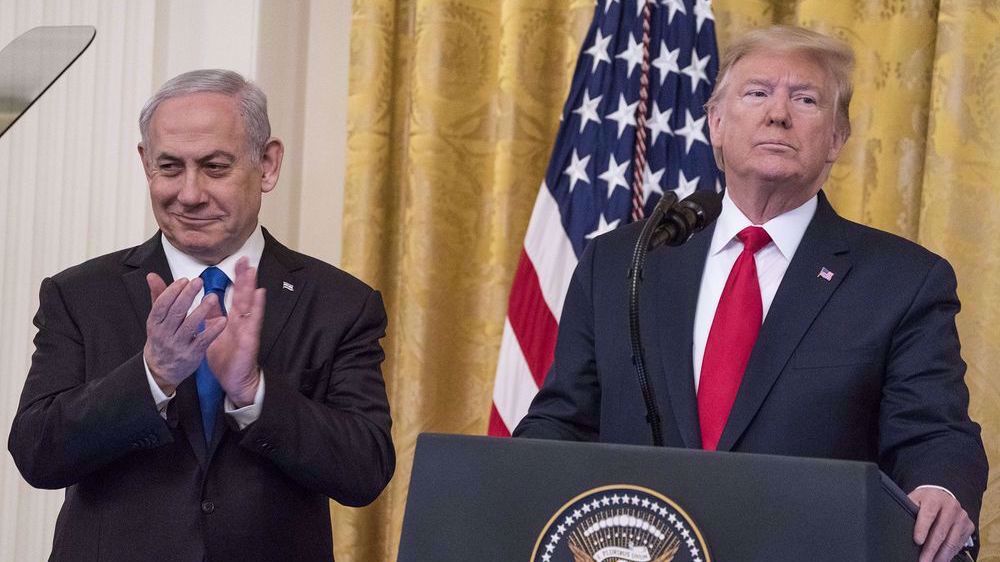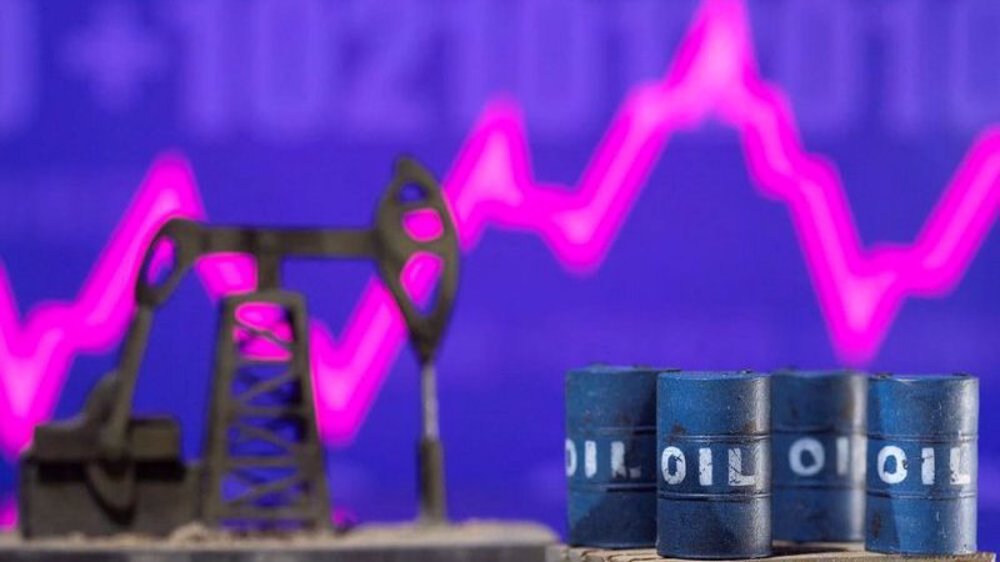Venezuela president declares economic emergency
Venezuelan President Nicolás Maduro has declared a 60-day nationwide economic emergency as his embattled government tries to tackle a deepening economic crisis.
The announcement on Friday came hours before Maduro delivered a much-anticipated state of the union address.
In his speech, Maduro promised to continue his statist economic model in the face of hardships he attributed to lower oil revenues and capitalist speculation.
The edict, which includes tax hikes, puts emergency measures in place to pay for food imports and welfare services in the oil-rich nation.
The move came as Venezuela’s central bank released key data for the first time since December 2014, showing that the economy shrank 7.1% and annual inflation hit 141.5% through September.
Venezuela sits atop the world’s largest proven oil reserves but the big slump in oil prices in the past 18 months has axed its revenues by 60%. Oil exports make up some 95% of Venezuela's revenue.

Maduro and new Economy Minister Luis Salas have called for the need to protect social programs established by his predecessor, former President Hugo Chavez, from the drop in oil prices.
“The figures confirm a dire macroeconomic backdrop,” Goldman Sachs analyst Mauro Roca said, adding, “Under these conditions, the administration will find it increasingly difficult to continue servicing its external debt.”
But Salas said, “We want to reaffirm the people’s trust in the revolutionary government.”
The opposition United Democratic Roundtable won a victory over Maduro’s United Socialist Party in a December 2015 vote, and took control of the National Assembly for the first time since 1999, when Chavez had risen to power.
Newly-elected National Assembly Speaker Henry Ramos Allup has said he would find a way to have Maduro ousted within six months. Maduro’s presidential term will end in 2019.
The opposition accuses Maduro’s government of mismanaging the economy and leading the oil-rich country to poverty.

Moving against global tide, Israel eliminates all tariffs on US goods

OPEC+ to raise output for first time since 2022: Report

Oil prices climb despite trade war concerns
Iranian FM submits Leader’s written message to President Putin
Israeli minister: Troops to remain in Gaza, Lebanon, Syria ‘indefinitely’
Iran takes four countries to World Court over 2020 downed jet
Advocacy group files war crimes case in US against Israeli soldier
Israel secures 6-month delay in Gaza genocide case at ICJ
Houthi says US encouraging Gaza genocide, calls for arming Palestinians
VIDEO | Press TV's news headlines
Remembering Abdel Aziz Al-Rantisi, Hamas co-founder and ‘Lion of Palestine’







 This makes it easy to access the Press TV website
This makes it easy to access the Press TV website